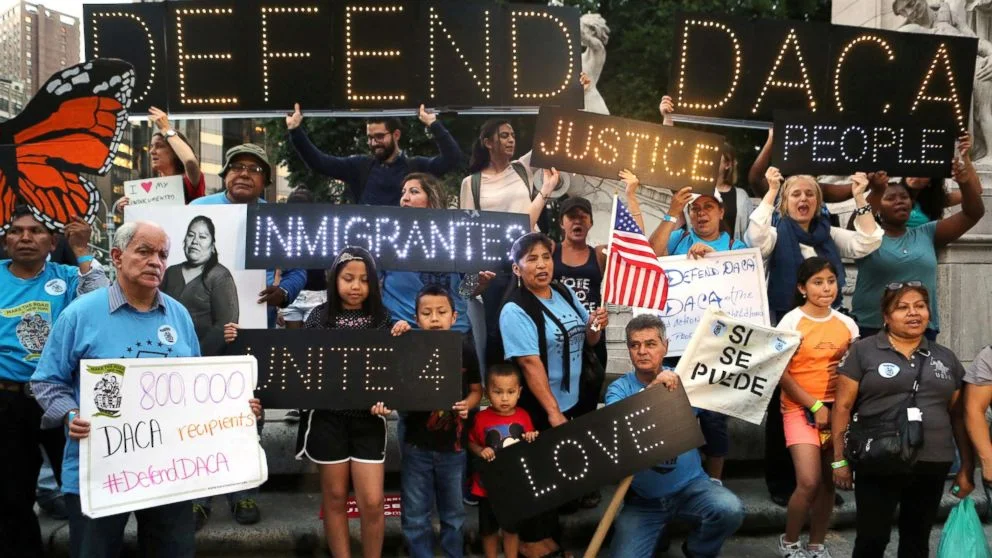Adriana Gonzalez-Ibarra, Staff Writer
I remember the first time I took flight and I didn’t expect the wind to push against me as hard as it did on that September morning.
I was told by others before me that the wind was supposed to guide me in the direction that they had called the “American Dream”
We have flown over 265 miles and this was just in one day. We have more than two months left before we make it to this so-called dreamland where we are welcomed with love and compassion.
But this journey is not easy in the slightest way possible because the sun has gotten to the point where its burning parts of our wings making it harder to fly and some have fallen into the river and never made it out of its currents then others gave out after the heat had gotten to them and never made it past the desert.
Yet for the ones that made it we noticed that we weren’t the only ones flying in this foreign land known as the American Dream there were other butterflies flying as if they knew our struggle.
Their wings resemble that of our own but then I realized that they were moths and the words they were telling had become bittersweet.
Those words at first were welcome to your new home we can’t wait to see the dream you achieve then turned bittersweet to the point that it was nothing but “ Go back to your country” “This is America you speak English” “you don’t belong here” “you are the reason we have criminals in this country”
After so long those words become nothing but white noise behind the sound of the wings against the cages they had placed us in
I never would have thought I would see myself separated from the kaleidoscope of those who I had known as home
Then not to mention those born on this dreamland never knowing the beauty of their parents’ homeland because they can never return without the permission of the moths
Yet we as legacies for a better life found a way to fight for not only ourselves but those who have had their wings cut and make them heard from beyond the white noise
Because if the “American Dream” is who they say they are, why is it that they continue to look at us as if we don’t exist in their melting pot of diversity and the dream of a better life.


